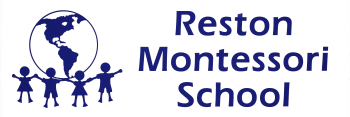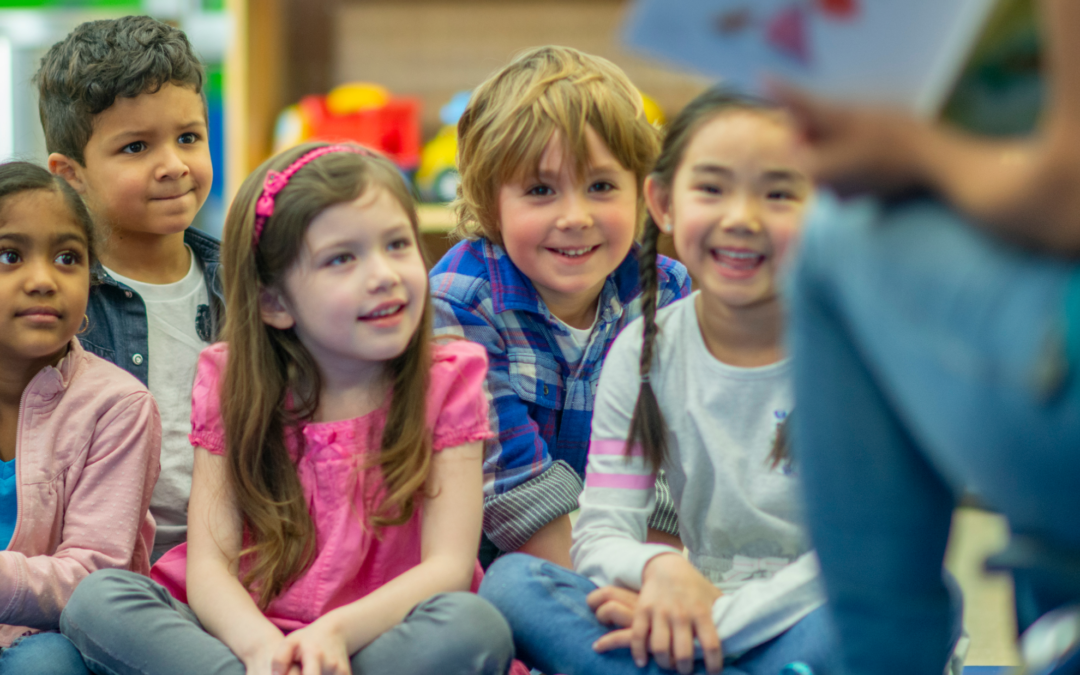Kindergarten Year in Montessori is crucial for your child’s growth. Here are the 20 points that you should consider in order to give the best to your child.
1. Building a Strong Educational Foundation
The Montessori kindergarten year solidifies critical skills developed in earlier years, providing a strong foundation for academic success and lifelong learning.
2. Promoting Leadership Skills
As the oldest students in the classroom, Montessori kindergarteners naturally step into leadership roles, boosting confidence and fostering responsibility.
3. Personalized Learning Journey
The individualized approach of Montessori ensures that children progress at their own pace, focusing on their unique strengths and interests.
4. Mastering Core Academic Skills
The kindergarten year in Montessori refines essential reading, writing, and math skills, preparing children for elementary school and beyond.
5. Encouraging Cross-Disciplinary Understanding
Montessori integrates subjects like math, science, and art, helping children see the interconnectedness of concepts and ideas.
6. Fostering Independence and Problem-Solving
Montessori kindergarteners learn to tackle challenges independently, honing problem-solving and critical thinking skills that benefit them for life.
7. Enhancing Social and Emotional Growth
Mixed-age classrooms teach empathy, patience, and teamwork, as older students mentor younger peers in Montessori.
8. Hands-On, Experiential Learning
Montessori materials encourage hands-on exploration, making abstract concepts tangible and easier to understand.
9. Instilling a Love for Learning
Montessori cultivates a lifelong passion for discovery and education by focusing on intrinsic motivation rather than external rewards.
10. Smoothing the Transition to Elementary School
Montessori kindergarten bridges the gap between early childhood and elementary education, ensuring children are ready to thrive in their next academic environment.
11. Celebrating Cultural Awareness
Montessori classrooms emphasize diversity and global understanding, preparing children to appreciate and respect different cultures.
12. Developing Executive Function Skills
Activities in Montessori help children improve planning, organization, and self-discipline, key skills for academic and personal success.
13. Boosting Confidence Through Achievement
Completing the three-year Montessori cycle gives children a sense of accomplishment, building the confidence to face new challenges.
14. Encouraging Focus and Concentration
The Montessori environment promotes deep focus, sustained attention, and critical skills for long-term academic success.
15. Nurturing Creativity and Innovation
Through art, music, and imaginative play, Montessori kindergarten fosters creativity and encourages children to think outside the box.
16. Cultivating a Sense of Community
Montessori’s mixed-age setup creates a supportive classroom community where students learn, through collaboration, mutual respect, and teamwork.
17. Teaching Practical Life Skills
Practical life activities, like cooking and basic self-care, equip kindergarteners with essential real-world skills and independence.
18. Providing Advanced Academic Preparation
Montessori kindergarten often exceeds traditional kindergarten standards, giving children a head start in academic excellence.
19. Encouraging Natural Curiosity
Montessori nurtures children’s innate curiosity, inspiring them to explore, ask questions, and develop a love for discovery.
20. Strengthening Parent-Teacher Collaboration
Montessori educators work closely with parents to align the kindergarten year with each child’s developmental and academic goals.
By choosing Montessori for the kindergarten year, parents invest in a holistic, child-centered education that fosters, growth, independence, and a lifelong love of learning.

